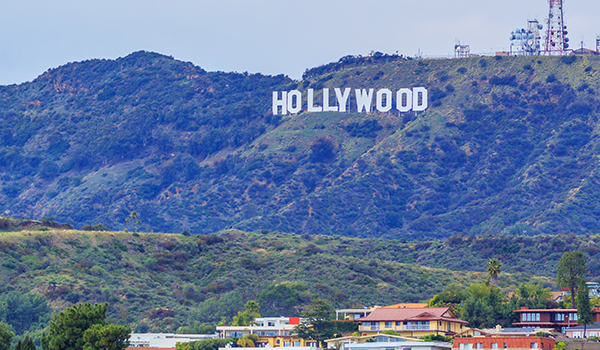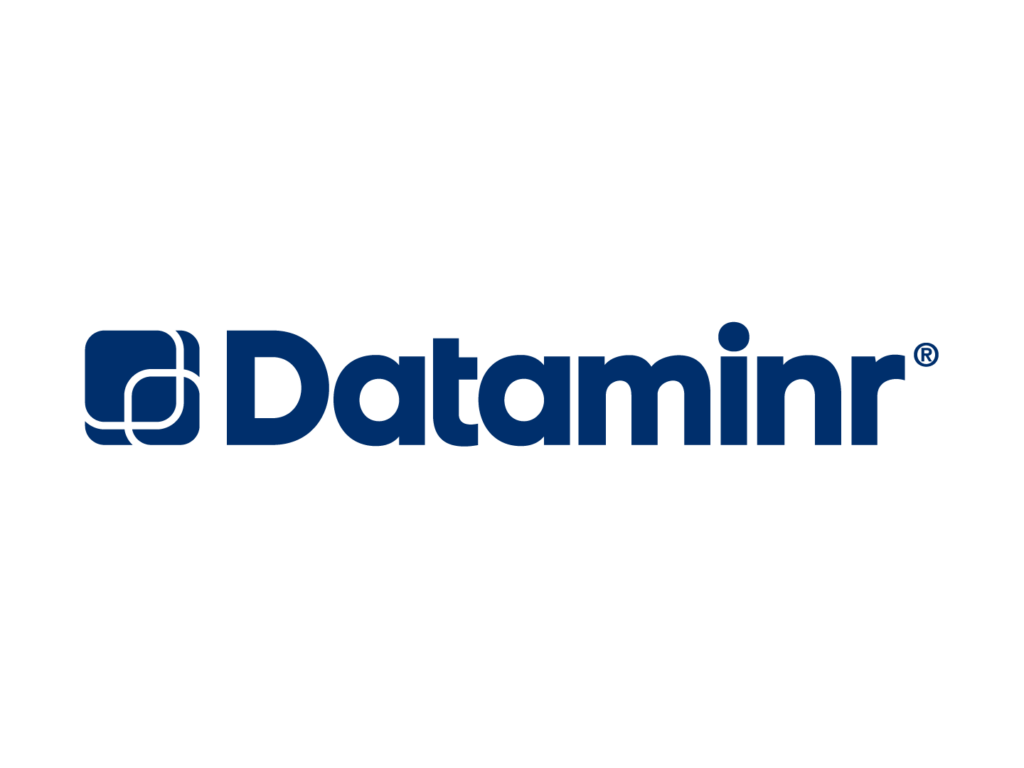Hollywood film studios face a dynamic and ever-changing security risk profile. Security teams are tasked with protecting the studio’s permanent offices and film lots, temporary filming locations, traveling executives and employees—plus the hundreds of temporary workers and A-list celebrities working on active film shoots. Download this case study to learn how one major Hollywood studio uses real-time alerts from Dataminr to help keep people safe.
Timely, relevant and actionable information is vital to making decisions during a developing risk event. Consider the April 2017 terrorist attack in Paris, where a gunman opened fire on a police officer and fled on foot.
Just 1,000 yards away, the security team on the set of a major motion picture had to make a decision—should they shut down the set and evacuate the crew and actors?
In those early seconds, information on the ground was frustratingly scarce. Was that sound gunfire or fireworks? If it was gunfire, is the threat still active? Where did the event happen?
But the security team working in Paris that night wasn’t alone. Analysts at the film studio’s global security operations center (GSOC), some 9,000 miles away in California, picked up the phone to give the Paris team the information they needed at that moment: There’s been a suspected terrorist attack at the Champs-Élysées. You need to evacuate to a safe location; we’ll update you with new information as it comes in.
This exchange, which happened within seconds of the initial gunshots, was made possible by Dataminr, which uses artificial intelligence to alert companies to unexpected risks happening in real time.
“Dataminr has been amazing in getting those alerts 20 minutes before another platform would send something in, or 20 minutes before you’d hear about it on the local news,” said the studio’s Vice President of Global Threat and Emergency Management. “Dataminr has been our eyes and ears around the globe, alerting us to events that could potentially impact our assets.”
Your platform has really helped us succeed and push the envelope on what we’re able to do, and how we’re able to to track what’s going on in the world, making us respond in a faster and more efficient way
The studio’s GSOC serves as the real-time information hub for not only the studio itself, but also its parent company, a multinational mass media conglomerate. Every day, the studio’s GSOC team watches over hundreds of assets in the center’s physical security information management (PSIM) system: The company’s permanent offices and film lots, temporary filming locations, traveling executives and employees.
Dataminr forms an important cornerstone of the studio’s GSOC, delivering a feed of crisp, actionable alerts about emerging risks across the globe. Analysts inside the GSOC make decisions based on the information flowing into the center—should we notify people working nearby? Should we notify our leadership team? Should we escalate to the crisis response team?
In rare cases of immediate threats to health and safety, the studio’s GSOC will recommend shutting down a film shoot, evacuating an office, or telling people to shelter in place.
Travel Safety
For example, a Dataminr alert comes in about an emerging risk developing in Rome. The studio’s GSOC team looks at the PSIM and sees there are 37 employees located near the epicenter of the risk. Within seconds, they can send a message to the group: “We’re aware of the situation developing on the ground, and will update you once we have additional guidance.”
“This shows travelers that when they’re out for business and working for the company that there’s someone watching out for them. They’re not traveling alone,” said the studio’s Vice President of Global Threat and Emergency Management. “We’ve had amazingly positive feedback from that side. It gives people so much peace of mind to think, ‘Hey, if something happens, I’ll get taken care of. The business actually cares about me.’”
Delivering that feeling of safety is crucial for the studio, which works with a large number of contractors and temporary workers. Film shoots can employ hundreds of people, and world-famous actors, for a few brief weeks, who may go on to shoot their next project with a competing film studio. A well-run security operation remains a competitive differentiator for this studio.
Separately, the studio’s executives want to know if photos or videos are being leaked from their active film sets—another area where Dataminr’s real-time alerts can help.

Risk in Real Time
Sign up for our monthly newsletter for the latest on security and business trends, news and insights.
SUBSCRIBEEvent Safety
The studio’s executives are highly visible in the entertainment industry, and attend, sponsor and speak at live events throughout the year. The studio’s GSOC team sets up Dataminr information feeds around specific events weeks ahead of time, to understand public sentiment toward the event, and look for specific, credible threats to executive safety.
During a live event, Dataminr sends the studio’s GSOC team real-time alerts to emerging risks, so they can augment the work of the executive protection team on the ground.
The Value of Real-time Information
Real-time information helps the studio’s GSOC team make better-informed decisions, and provide more support to the business.
“If we’re always behind in action, we can’t give any support because by the time we get to them, everything’s already done—decisions are made,” said the studio’s Vice President of Global Threat and Emergency Management, describing why real-time information is important to the studio’s GSOC.
“The business units themselves don’t know about it until after it’s happened, or they call us saying, ‘Hey, are you guys aware of this?’ If we’re not, it makes us look bad. So being proactive is about being there in advance and being able to help out with intel and information that’s new to people.”
Moving Beyond Keywords
Before adopting Dataminr, the studio’s security analysts relied on standard social media monitoring software, local news feeds, keyword search lists and travel alerting. The results weren’t consistent: Sometimes the alerts were late, or nonexistent. Other times, the volume of alerts was so high, analysts couldn’t keep up, and ignored them.
For example, simple, keyword-based alerting systems proved inadequate at detecting nuances in syntax, raising urgent alarms when one of the studio’s film directors tweeted a sentence like, “We killed it on the shoot today.”
“Our big focus is to make any alert coming in as actionable as possible,” said the studio’s Vice President of Global Threat and Emergency Management. “If it’s not something that could impact an asset, a traveler or a person, we want to filter it out, so we don’t even see it. So the GSOC ideally gets as few alerts as possible.”
The studio found that source of fast, relevant and actionable alerts with Dataminr.
Instead of using keywords, Dataminr’s artificial intelligence is able to understand that “killing it on the shoot” isn’t an actual risk. The platform processes billions of units of data from more than 200,000 public data sources, in more than 150 languages, 24 hours per day. That public information gets distilled into alerts that the studio’s GSOC team uses to make decisions.
“Your platform has really helped us succeed and push the envelope on what we’re able to do, and how we’re able to track what’s going on in the world, making us respond in a faster and more efficient way,” the studio’s Vice President of Global Threat and Emergency Management said.
Dataminr has been amazing in getting those alerts 20 minutes before another platform would send something in, or 20 minutes before you’d hear about it on the local news


